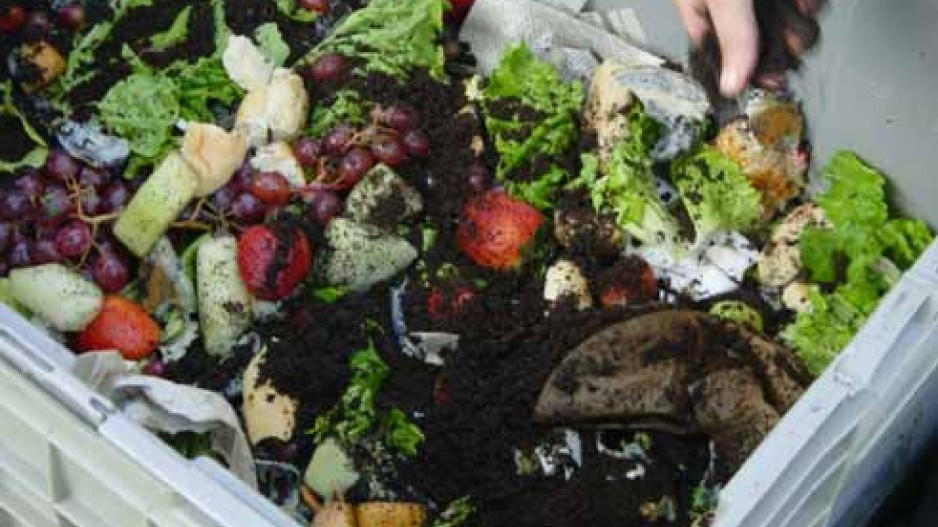The City of Vancouver has expanded its food scraps program so those who live in houses and duplexes can add all food scraps and food-soiled paper along with yard waste to their green bin.
Chief city engineer Peter Judd has said he believes there is no change to the charges that the city incurs. City staff plans to examine both the costs and savings of the new program and then report to council.
The new rules are an expansion of Vancouver’s residential food scraps recycling program, which was introduced in April 2010. It is the next step toward the Metro Vancouver ban on all organic material going to the landfill by 2015.
Almost 40% of the garbage Vancouver sends to landfills is food scraps and other naturally compostable materials. That material is collected from roughly 90,000 single-family homes and duplexes in Vancouver and can be recycled into nutrient-rich compost and soil for use throughout the region.
But while the mayor was excited about the environmental benefit from expanding the program, no one at the city was able to say whether there would be a cost saving.
Mayor Gregor Robertson said, “Expanding food scraps recycling is a big step towards meeting our Greenest City goals and will substantially cut back the amount of garbage disposed of at the landfill.
“If we remove all food scraps and compostables from Vancouver’s landfill, it reduces pollution by the same amount as taking 10,000 cars off the road.”




